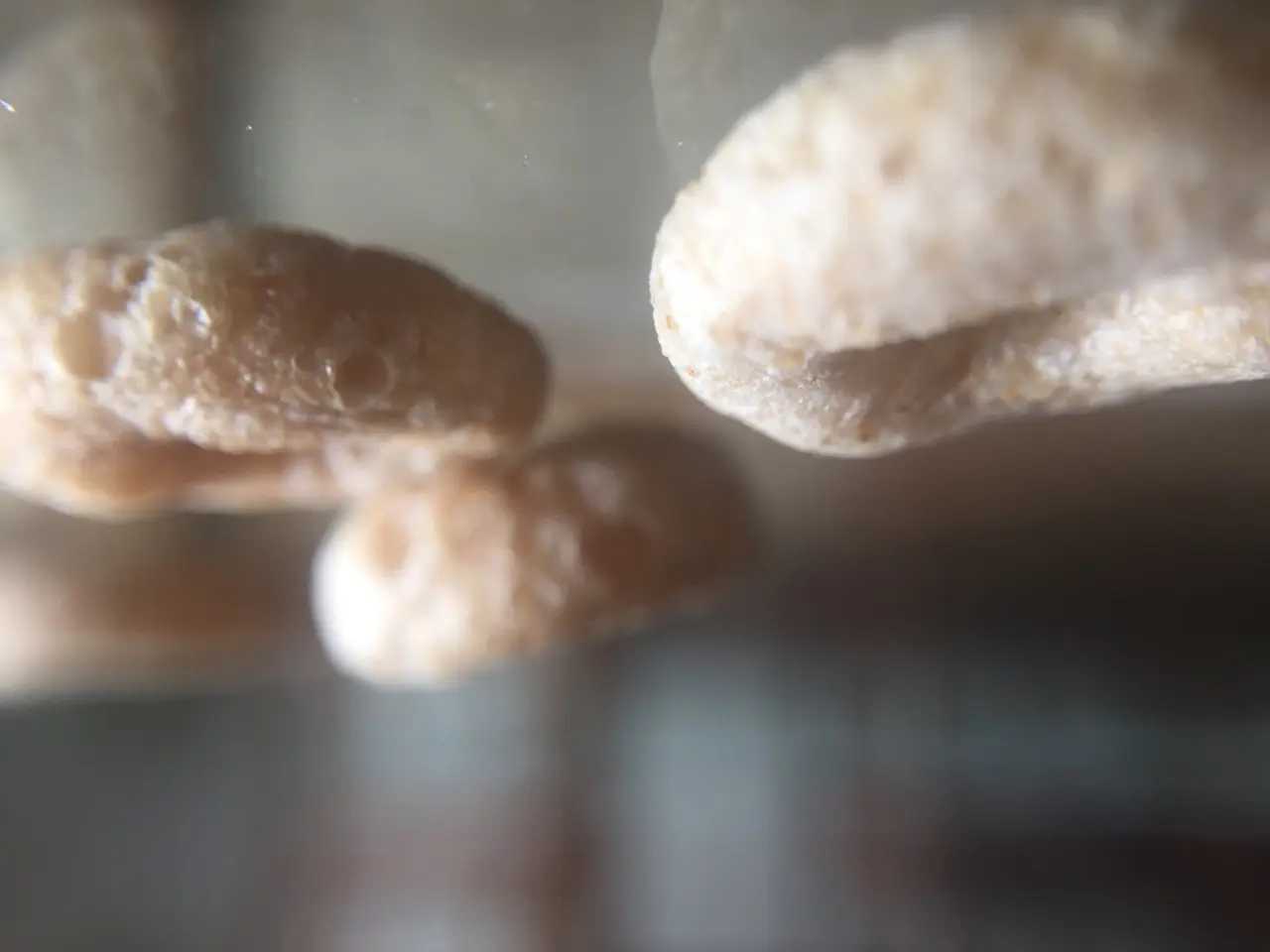EU Industrial Funding Framework Pushed for Circular Economy Provisions by TOMRA-Led Group
The global leader in resource efficiency solutions, TOMRA, is advocating for the integration of provisions that support circular economy measures under the draft Clean Industrial State Aid Framework (CISAF).
TOMRA, a waste-sorting technology provider with a geographic footprint spanning all continents, operates in the European region and serves businesses and communities worldwide. The company specializes in resource collection, recovery, and sorting for recycling and mining applications, and sensor-based food sorting and grading.
In a press release, TOMRA highlighted the importance of circularity in the EU's decarbonisation strategy. By embedding circularity at the heart of its decarbonisation strategy, the EU can improve the affordability and accessibility of essential materials, reduce cross-border trade dependencies, make industrial production more sustainable, accelerate decarbonisation, and improve resource security.
The Clean Industrial Deal recognizes circularity as a priority, as it can maximize the EU's limited resources, reduce dependencies, enhance resilience, lower waste, production costs, and CO2 emissions, and create a more sustainable industrial model.
Bilyana Ignatova, Vice President of EU Public Affairs at TOMRA, has warned that the ambition of the Clean Industrial Deal can only be delivered if the accompanying state aid framework backs all pillars, including circularity, with equal policy attention and financial support.
However, the coalition led by TOMRA is deeply concerned that circularity projects are not explicitly mentioned in the draft CISAF. Having clear provisions to support circularity under the Clean Industrial Deal is essential to meet the objective of increasing material circularity by 24 per cent by 2030.
The coalition, which includes environmental organizations such as the Bund für Umwelt und Naturschutz Deutschland (BUND), the Ecologic Institute, and Germanwatch e.V., believes that this ambition cannot be realized without appropriate financial mechanisms in place to scale up circular infrastructure.
Enabling state aid for projects that drive material circularity will help the EU become the world leader on circular economy by 2030, according to TOMRA. In 2024, TOMRA's total revenue was EUR 1,248 million, demonstrating the potential for growth in this sector.
TOMRA currently operates approximately 113,700 installations in over 100 markets worldwide, providing solutions for businesses and communities to operate more sustainably. The coalition's call for the integration of circular economy measures in the CISAF is a step towards a more sustainable and resilient industrial model for the EU.
The topics related to this press release are Manufacturing, Policy & Finance, aid, financing, investment, plastic, recycling, regulation, circular economy, decarbonisation, and innovation. The tags associated with this press release are also aid, financing, investment, plastic, recycling, regulation, circular economy, decarbonisation, innovation.
Read also:
- Nightly sweat episodes linked to GERD: Crucial insights explained
- Antitussives: List of Examples, Functions, Adverse Reactions, and Additional Details
- Asthma Diagnosis: Exploring FeNO Tests and Related Treatments
- Unfortunate Financial Disarray for a Family from California After an Expensive Emergency Room Visit with Their Burned Infant








